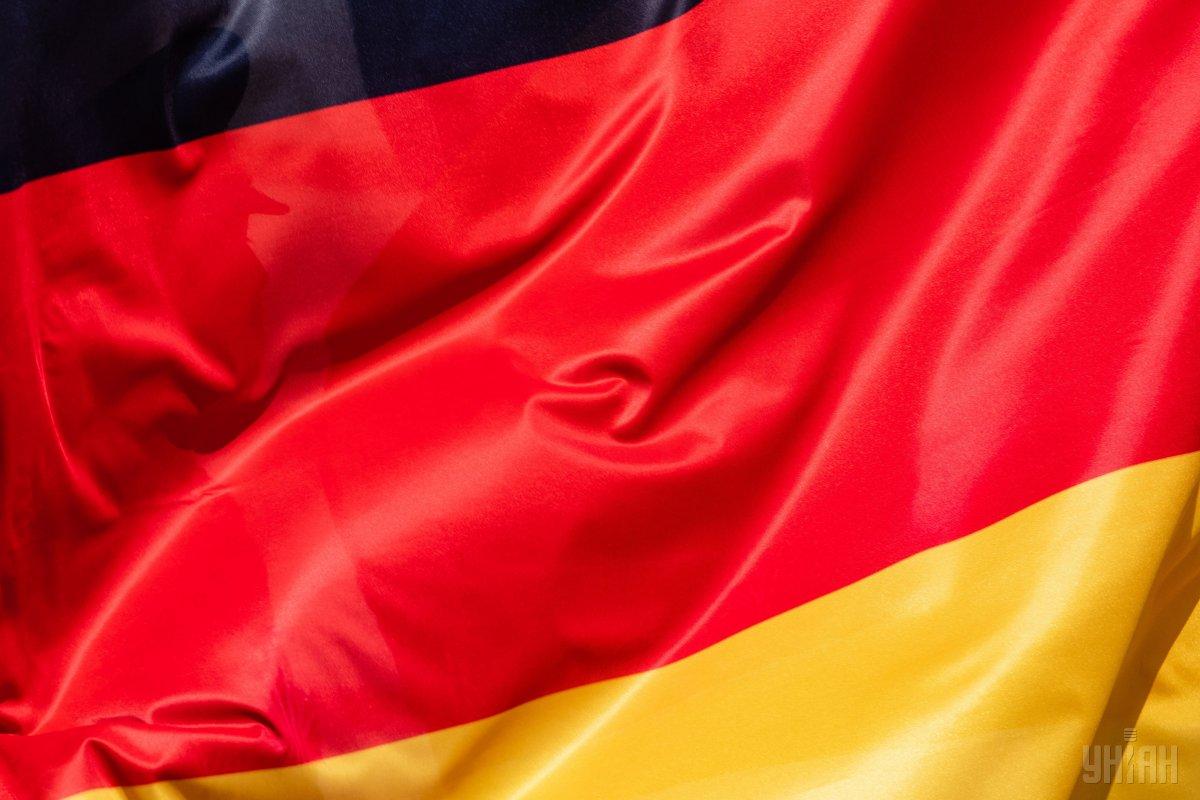
Germany has big plans for the UN Security Council seat it took up on January 1, 2019.
The decision to award the Germans a seat on the Council alongside the five permanent members – the United States, Russia, China, France and the United Kingdom – and nine other non-permanent members was a clear one: 184 votes out of a possible 193, Deutsche Welle reported.
At the UN General Assembly in September, Foreign Minister Maas advocated strengthening multilateralism, which has come under pressure from, among other things, the "America First" policies of U.S. President Donald Trump.
Read alsoTrump commits to $750 billion defense budget - CNN
"The United Nations is at the heart of the multilateral system," said Maas before departing for New York earlier this year. "We are living at a time when we need more international order, more reliability, more confidence in our common rules. The United Nations is as strong, just and effective as its members make it."
Germany also intends to advocate for a strong UN and a strong role for Europe in its various bodies. Over the next two years, Germany's main concern will be to try and ensure that the European Union as a whole is given a permanent seat. After Brexit, the only EU country represented on the Council will be France.
Crisis prevention is also on the agenda. The German presence on the Security Council will aim to ensure that the body gets involved earlier than it has done up to now in crisis regions. Germany also has some ideas about how to foster peace. The German ambassador to the UN, Christoph Heusgen, has announced that he wants to recruit more women for conflict resolution.
But peacekeeping should also happen on one's own doorstep. At the end of December, Foreign Minister Maas made it clear that if the 30-year-old INF treaty between Russia and the U.S. that bans medium-range weapons were to collapse, Germany would want to use its seat to oppose the deployment of medium-range missiles.
"Any stationing of new medium-range missiles would come up against widespread opposition in Germany," Maas said.

